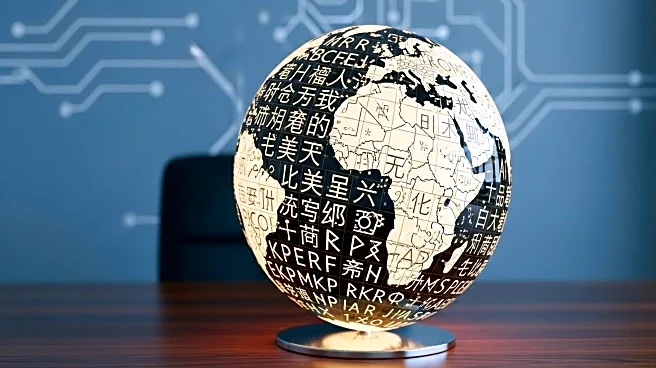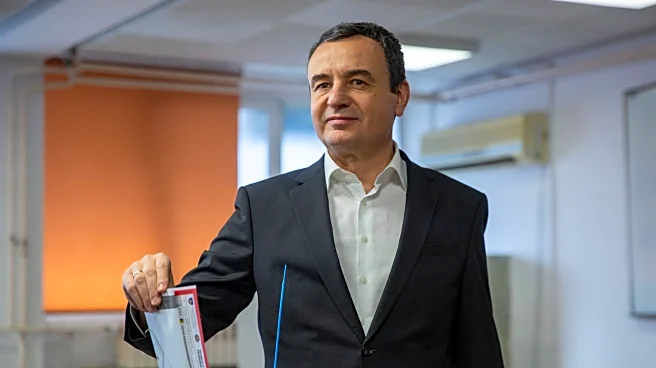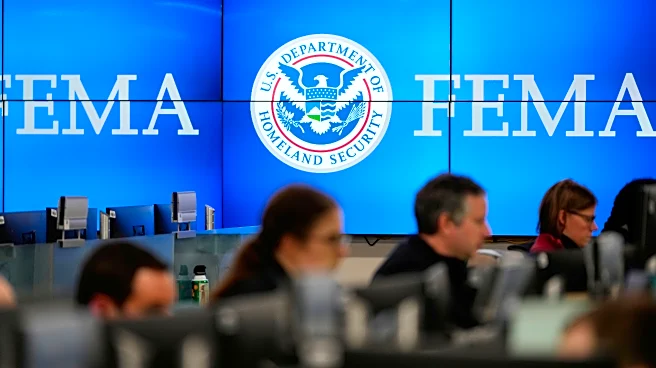What's Happening?
The translation industry is experiencing a significant shift as artificial intelligence (AI) technologies increasingly replace human translators. Nathan Chacón, a professional translator, has observed a decline in demand for freelance translation services since 2023, as more clients turn to AI for document translation. This trend is echoed by others in the industry, with AI tools now capable of live translations, further eroding job opportunities. Despite the technological advancements, AI translations often lack cultural context and can contain errors, necessitating human intervention for proofreading and editing. The U.S. Bureau of Labor Statistics reports a nearly 3% decrease in translator and interpreter jobs over the past five years. While AI is expected to continue improving, experts like Carl Benedikt Frey from the Oxford Internet Institute suggest that human translators will still be needed in regulated industries where precision is crucial.
Why It's Important?
The increasing reliance on AI for translations poses significant implications for the translation industry and its workforce. As AI tools become more prevalent, the demand for human translators is likely to decrease, potentially leading to job losses and reduced opportunities in the field. This shift could also impact the quality of translations, as AI may not fully capture linguistic nuances and cultural contexts. Industries that require high levels of accuracy, such as legal, medical, and financial sectors, may face risks if they rely solely on AI for translations. The transition to AI-driven translations also highlights broader concerns about the displacement of jobs by technology and the need for workers to adapt to new skill requirements.
What's Next?
As AI continues to advance, the translation industry may see further integration of AI tools, potentially leading to more job displacement. However, there may also be opportunities for translators to specialize in areas where human expertise is still valued, such as literary translations or roles that require cultural sensitivity. Companies and educational institutions may need to focus on reskilling and upskilling workers to prepare them for new roles in the evolving job market. Additionally, there may be increased scrutiny on the accuracy and reliability of AI translations, particularly in critical industries, prompting discussions on ethical and regulatory standards.











